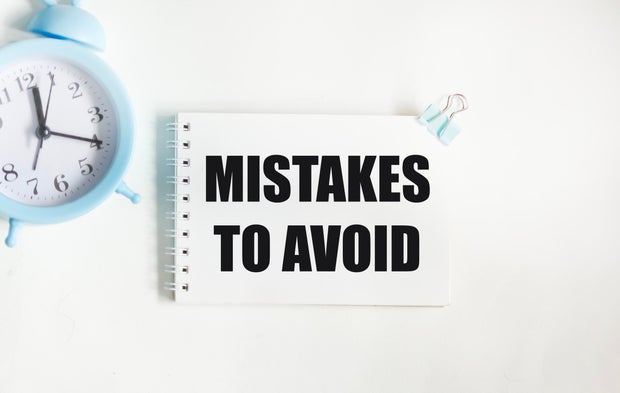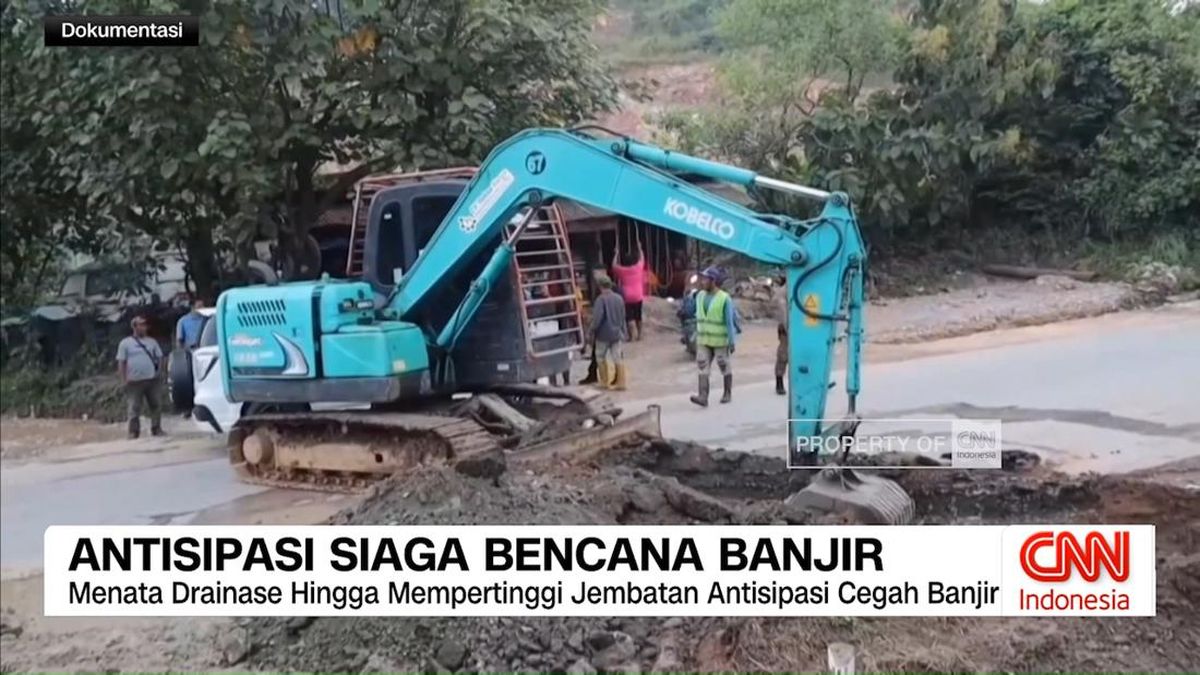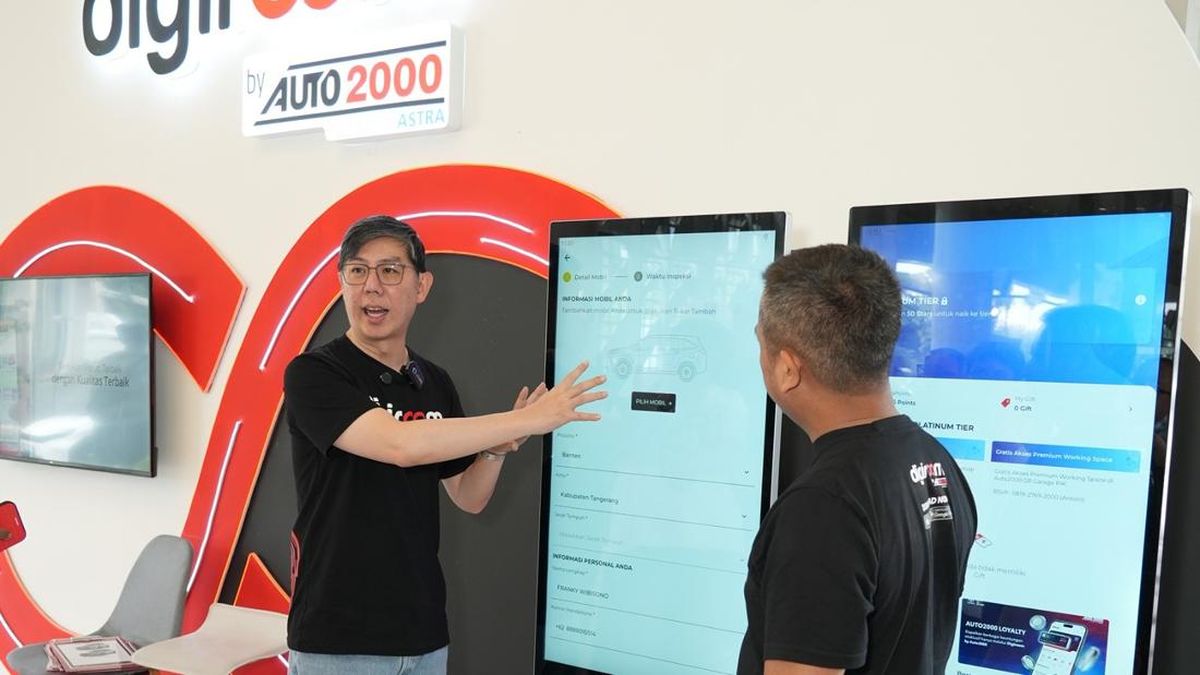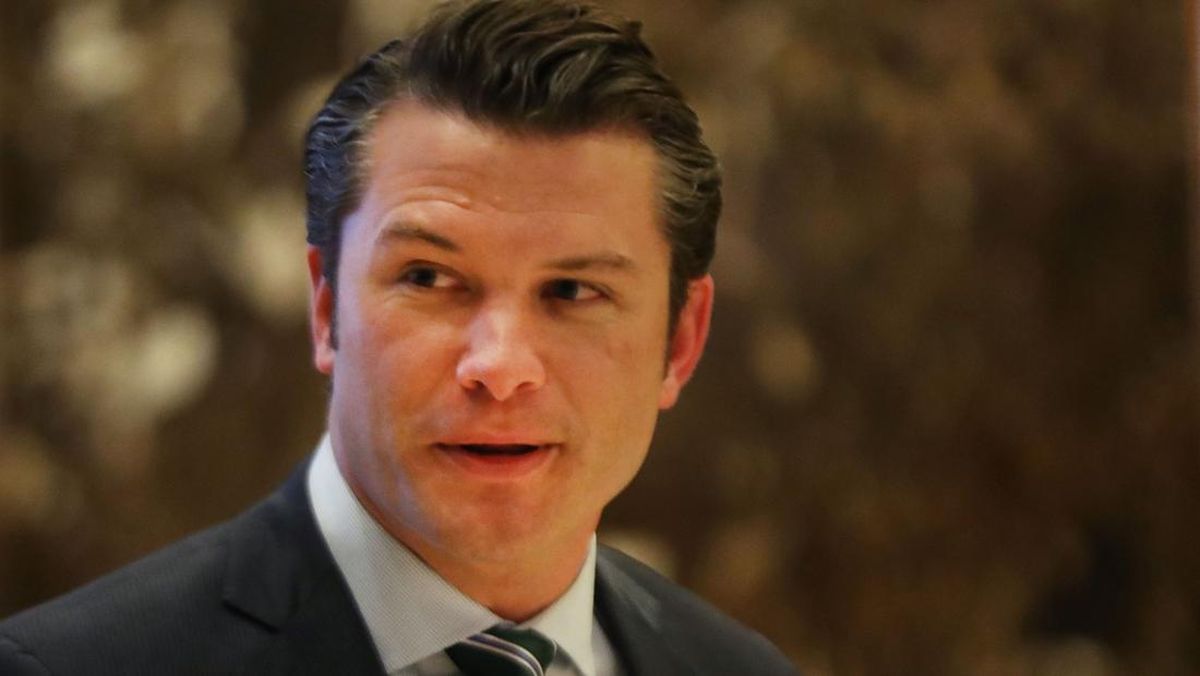 Some common pitfalls can derail your debt payoff progress and cost you substantially during the process.
Sviatlana Zyhmantovich/Getty Images
Some common pitfalls can derail your debt payoff progress and cost you substantially during the process.
Sviatlana Zyhmantovich/Getty Images
Paying off debt can feel a lot like a balancing act that you can't quite get right. On one hand, it makes sense to try and chip away at what you owe as quickly as possible. On the other hand, life doesn't hit pause just because you need to focus on your credit card and loan balances. Emergencies still pop up, bills keep coming and unexpected expenses find their way into the mix. That can make it tempting to try shortcuts or quick fixes for getting rid of debt, especially when the progress feels slow.
But the way you approach your debt payoff plan often matters just as much as, if not more than, the amount you pay on it. While certain paths may look like the right one to take at first glance, they can actually set you back, cost you more in interest or fees or even leave you less financially secure in the long run. In other words, knowing what not to do when paying off debt is just as important as knowing the right steps to take as you work toward becoming debt-free. Below, we'll detail five things to avoid doing when trying to pay off your debt/
Find out more about the debt relief options available to you now.
5 things you should not do when paying off debt
Steering clear of the pitfalls below can help you stay focused and keep more money in your pocket over time.
Using the wrong type of help
When you're overwhelmed, it's natural to look for quick relief wherever you can find it, but not all debt help is created equal. For example, some predatory companies make big promises about wiping away debt overnight, only to charge hefty fees or do little to help you in the long run. And, even well-meaning choices, like working with a lender that pushes a high-fee consolidation loan, can do more harm than good.
The right kind of debt help should be transparent, affordable and effective. That might mean credit counseling through a nonprofit agency, a legitimate debt management plan or a consolidation loan with a lower interest rate. Or, it could mean trying to settle your debt for less than what you owe with the help of a debt relief company. Before choosing any options, be sure to do your research to ensure you're not digging a deeper hole.
Learn how you can get expert help with your debt problems today.
Tapping into your retirement funds
If you've been diligent about saving for retirement, it can be tempting to reach into your hefty 401(k) or individual retirement account (IRA) balance to pay down your debt, especially when your balances feel suffocating. But while you do have the option to tap into your retirement funds to pay off debt, this move often creates bigger problems in the long run.
Early withdrawals from a 401(k) or IRA usually come with steep penalties and taxes, which can shrink your retirement savings. What's worse, though, is that you're sacrificing some of the future growth potential. Protecting your future should be as much of a priority as handling today's financial stress. So, instead of raiding retirement accounts, it makes sense to consider other solutions such as negotiating lower interest rates or exploring debt relief programs.
Ignoring small debts while tackling only the big ones
Focusing on your largest balance first might feel logical, and it can be, but ignoring smaller accounts can also backfire. Those smaller balances can quickly grow at today's interest rates, and the late fees and penalty APR charges can accrue quickly if they're left unattended. These smaller balances also have just as much power to hurt your credit score as a larger account.
A more balanced approach is to keep up with minimum payments across all debts while putting any extra funds you have toward one target balance at a time. This way, nothing falls behind, and you still gain momentum, whether you're using the avalanche method (tackling high-rate debts first) or the snowball method (starting with the smallest balances).
Relying too heavily on balance transfers
Balance transfer credit cards can seem like a lifesaver because they generally offer a 0% introductory APR for a set period on the balances you transfer. However, they come with caveats. Most charge balance transfer fees and new purchases may rack up interest immediately. And, if you don't pay off the balance before the promotional period ends, you could find yourself in the same situation, or worse.
These cards can be helpful tools if you have a clear payoff plan within the promotional window. Without that, though, they may just delay the problem and add to your overall costs. So, be sure to use them carefully, and only use them if you're confident in your repayment strategy.
Neglecting an emergency fund
It may feel counterintuitive to put money aside while aggressively paying down debt, but skipping an emergency fund is a mistake. Without a small cushion, unexpected expenses like a car repair or medical bill can push you right back into borrowing. That cycle makes it much harder to get out of debt permanently.
Building a modest emergency fund — even with just a few hundred dollars at first — can prevent you from relying on credit cards when life happens. Over time, growing that fund to cover a few months of essential expenses can give you real protection and keep your debt payoff on track.
The bottom line
Paying off debt takes patience and persistence, but avoiding costly missteps can make the journey smoother. Steering clear of high-risk help, protecting your retirement savings, balancing your repayment approach, being cautious with balance transfers and keeping an emergency fund all help ensure that the progress you make today lasts well into the future. The right moves aren't always about speed, after all. They're about building financial stability that lasts.
Angelica Leicht is the senior editor for the Managing Your Money section for CBSNews.com, where she writes and edits articles on a range of personal finance topics. Angelica previously held editing roles at The Simple Dollar, Interest, HousingWire and other financial publications.


















































